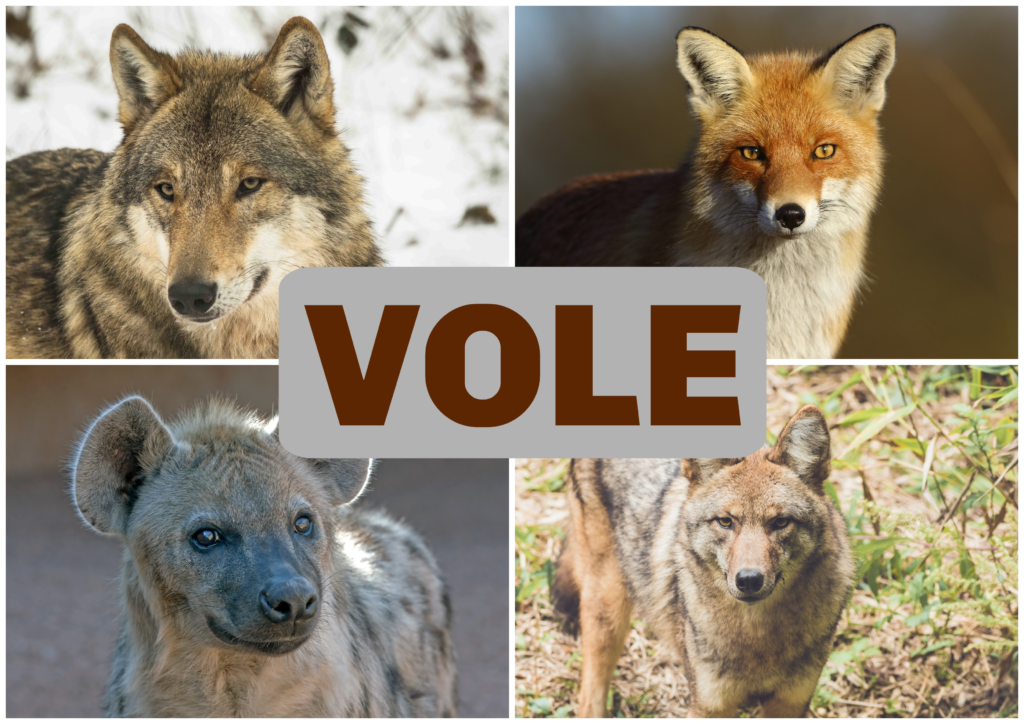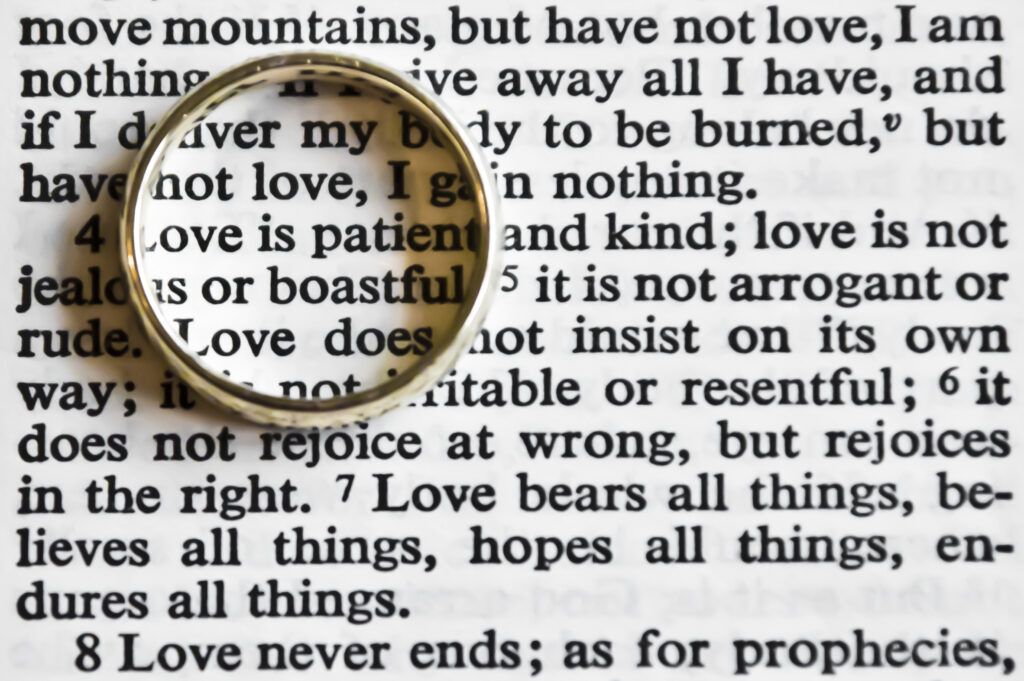Imagine this. You’re visiting another planet. On this planet are beings much like the humans on earth. The most common topic of conversation is an animal they call vole. Few have seen a vole, and then only from a great distance and only in the dark. A few others have smelled the scent of the vole and still fewer others have heard the sound of its call. None has ever experienced a vole except with great limitations.

What most know of the vole came by hearsay, secondhand information from those few who have experienced it in one of the very limited ways. Yet, everyone is obsessed with the vole; there are songs and stories about it and everybody longs to experience it in some way.
As your time on the planet is nearly over, you realize that what its inhabitants find so intriguing about the vole is the mystery surrounding it. You wonder if their obsession will ever be satisfied.
Your last day on the planet you discover a book written by the creator of the vole. The book was written in an ancient language and has been translated into the planet’s current language. As you read you see footnotes indicating that there were four different animal names in the ancient language, all of which were translated into the modern word vole.
You begin to understand that this situation is similar to earth’s, in that the species wolf, fox, hyena and coyote are all canine. Upon your return to earth, you realize an even more similar situation to that planet’s vole, humans’ view and treatment of love.

You reach earth with a new perspective. Your first night back, you make the following journal entry:
There’s a way in which our world shows its utter ignorance. It knows less about love than any other subject, yet it talks about it more than any other subject. By “talks about” I mean expresses it in various ways, like art forms (entertainment platforms), literature, social media and private and public speech. Its expression is too vague to help anyone, yet everyone is obsessed with it.

As my upcoming book, Interwoven Love, communicates, there are four types of love, each coming from a Greek word: Agape (Divine love requiring nothing in return), Phileo (Friendship love), Storge (Family love) and eros (sexual, sensual love) The only relationship that includes all four is marriage. The most important one is agape, which is best described in 1 Corinthians 13.

1 Corinthians 13:4-8 Love is patient, love is kind. It does not envy, it does not boast, it is not proud. It is not rude, it is not self-seeking, it is not easily angered, It keeps no record of wrongs. Love does not delight in evil but rejoices with the truth. It always protects, always trusts, always hopes, always perseveres. Love never fails.

